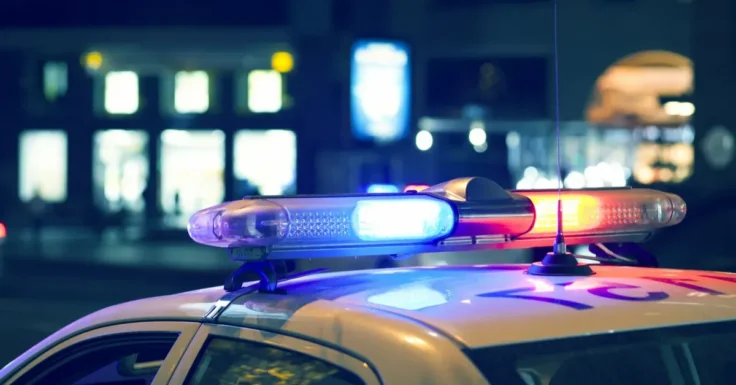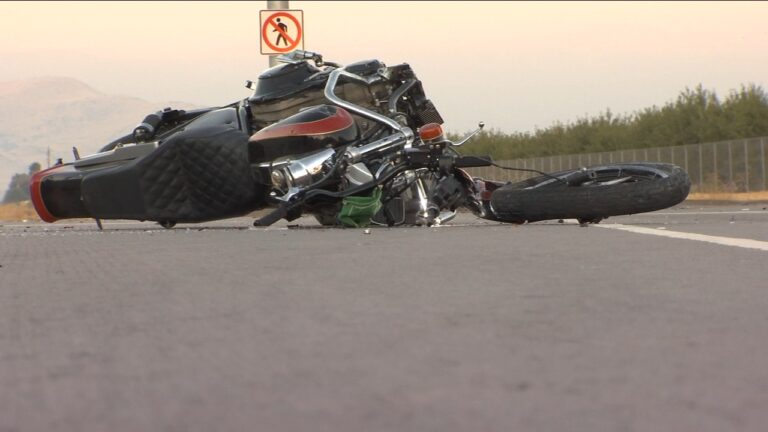An accident on a motorcycle can be terrifying. If you are involved in one in the state of Illinois, it is crucial that you follow certain protocols in order to safeguard your legal rights and receive compensation for injuries sustained by you or other parties.
Get to Safety

No matter the injuries sustained in an accident, your first priority should always be safety. Move away from any traffic if possible and secure yourself in an off-road area if needed; check on other parties who might need assistance and take note of where and how the collision took place; remember adrenaline rush can mask certain pain symptoms so be vigilant and check yourself for injuries not instantly apparent.
At any scene of an accident involving motorcycles, never admit fault at once. By doing so, you could jeopardize your ability to recover compensation in the future, and may lead the other party’s insurance provider to bring charges against you for their own benefit.
According to this site, Illinois requires all drivers to carry adequate insurance, which provides injured motorists with one of the best opportunities for receiving fair compensation for their losses. Negotiations with the at-fault driver’s insurer are often complex and challenging – an experienced attorney can give you a stronger chance at reaching an agreeable settlement for damages sustained.
Save Evidence From the Scene
Preservation of evidence at the scene of an accident is vital, from photographs of vehicles and their damages, skid marks, weather conditions, broken guardrails, damaged roadways or anything else related to your losses. Doing this will enable your Chicago motorcycle accident lawyer to build and support a case for fair compensation for your losses.
As soon as speaking with police, be careful not to admit fault for the accident as doing so could hurt your case in the future. Do not volunteer any information that has not been requested by them and wait until given permission before leaving the scene of the crash.
Document your injuries and keep all treatment documentation. Medical records can serve as evidence that prove the crash caused your injuries and losses; this process is known as “proximate cause,” and an essential part of establishing damages claims.
Seek Medical Attention
After being involved in a motorcycle accident, it is critical to seek medical assistance immediately. Even if your injuries seem minor, having them checked by a physician allows them to be diagnosed and treated effectively; medical records are also invaluable evidence of what extent these injuries have had on your life.
Motorcycle accidents tend to result in much more severe injuries than car crashes, due to motorcyclists lacking protection provided by vehicle frames and doors (https://www.reuters.com/motorcycle-injuries). This makes them susceptible to major injuries such as broken bones, concussion, internal damage, paralysis and traumatic brain injury – leading to an increase in fatalities when involved in crashes than drivers of cars or trucks.
Prior to consulting an attorney, it is also recommended that you do not speak directly with the other driver’s insurance company as any statement you make could later be used against you when filing a claim against them.
Contact the Police

Motorcycles offer Illinois residents an exciting and liberating form of transportation, but they do come with some inherent risks. Motorcyclists are 27 times more likely to sustain serious injuries in an accident than passengers riding in passenger cars; no matter whether they wear protective gear like helmets and other headgear, fatalities and significant property damage still pose risks for riders.
After being involved in a motorcycle accident, your first step should be calling 911. This will allow emergency medical professionals and law enforcement officials to arrive quickly at the scene of your collision and begin documenting it for later use. If possible, try collecting as much evidence at this stage for the police – such as witness contact details and images from the scene.
Contact an Attorney

Many motorcyclists suffer serious injuries in accidents caused by distracted drivers; such incidents could usually be avoided if all road users acted responsibly. However, contacting a lawyer right away is always recommended.
As you recover from injuries, it is important that you document their impact. As recommended by lawyers like Shuman, documenting how you were affected through medical records or daily journal entries will serve as evidence when calculating noneconomic damages such as pain and suffering damages. It’s especially important if you, yourself, are injured.
Once involved in a motorcycle crash, never agree to settle without first consulting with attorney. Insurance providers could try to pressure you into accepting an unfavorable offer which could significantly diminish the total value of your claim.
For a final thought – as any good lawyer will tell you, be careful when speaking to police; don’t admit fault or make statements that could later be used against you. Insurance companies for both drivers may attempt to speak with you; it would be prudent if any such discussions occurred directly, rather than through third-party representatives like insurance. Your attorney can manage this conversation on your behalf to avoid unnecessary complications and intricacy.
File a Report with the Department of Transportation
In the state of Illinois, you are required to file a report with the Department of Transportation (DOT) if you have been involved in a motorcycle accident that resulted in death, injury, or property damage exceeding $1,500. This report must be filed within 10 days of the accident. Filing a timely and accurate report is essential as it serves as an official record of the incident. The DOT uses these reports for statistical purposes, and they can be used as evidence in your claim.
Ensure that all the details of the accident are correctly filled out in the report. Provide comprehensive information about the accident, including the date, time, location, and the parties involved. Be as detailed as possible in describing the accident and your injuries. If you are unable to file the report yourself due to your injuries, ask a family member, friend, or your attorney to file it on your behalf.
In addition to filing a report with the DOT, you should also obtain a copy of the police report. Review it thoroughly to ensure all details are accurate. If you find any discrepancies or missing information, have it corrected as soon as possible. This document is crucial for your insurance claim and any legal action you may pursue. The police report contains vital information, such as the officers’ observations at the scene, witness statements, and sometimes even a preliminary fault assessment.

